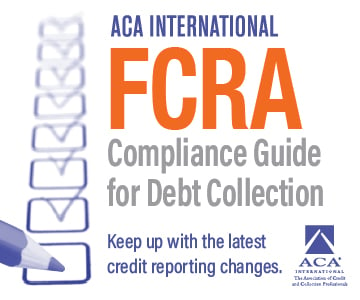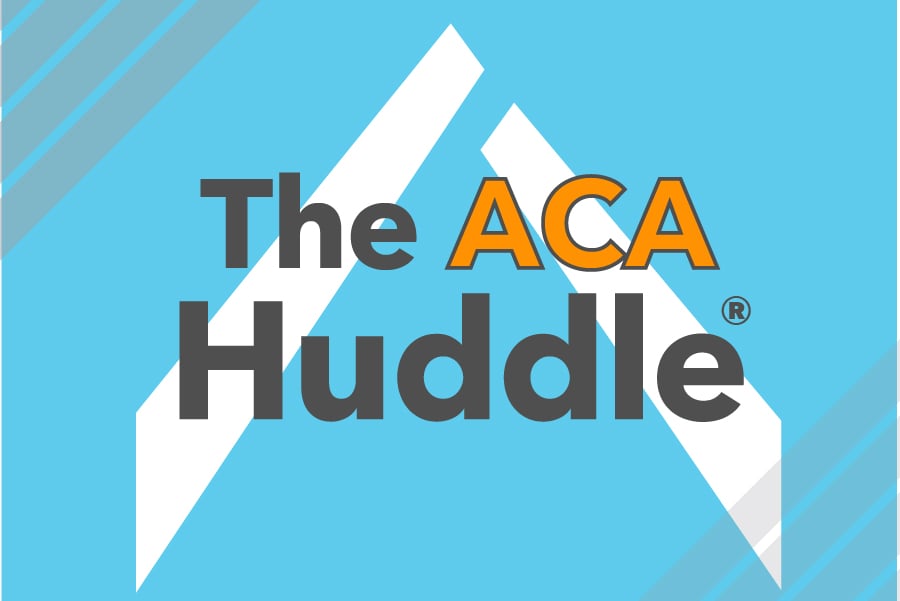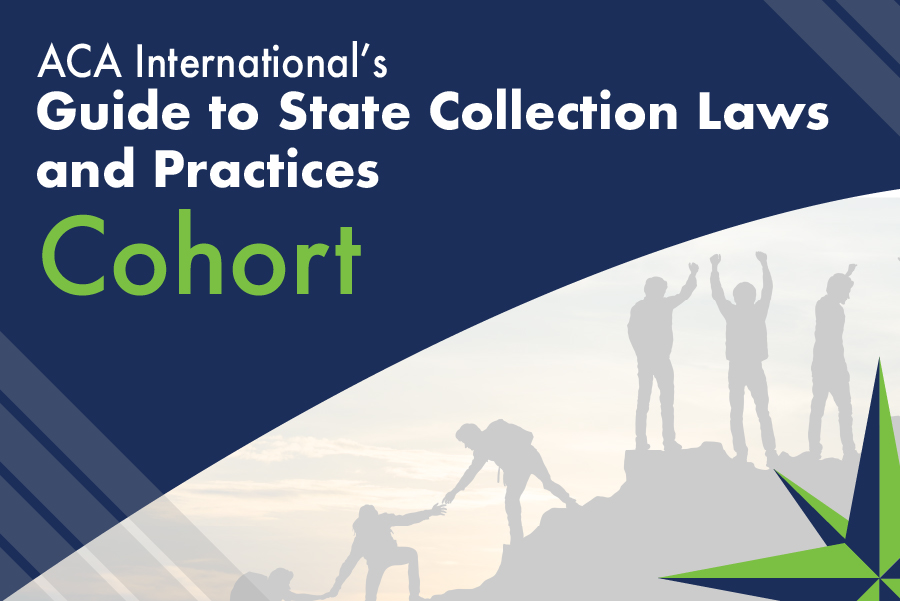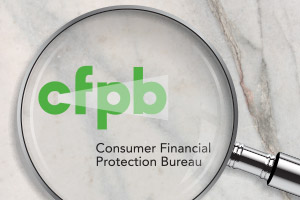ACA Compliance
Resources to Help Members Comply with Federal and State ARM Laws
The accounts receivable management (ARM) industry legal and regulatory landscape is complex and constantly changing. ACA’s compliance team helps members navigate and understand the myriad statutes, regulations, policies, and judicial decisions that shape ARM-relevant business operations by monitoring, researching, and analyzing laws and court decisions that affect the industry.

ACA SearchPoint®: A Comprehensive Compliance Library at Your Fingertips
Search. Point. Done. Access more than 200 white papers developed in-house by ACA’s compliance team on a range of industry-relevant topics.
Daily Decision: Summaries of ARM-Relevant Legal Decisions
ACA’s compliance team monitors and summarizes legal decisions to help members stay abreast of the judicial interpretation and application of industry-relevant laws.


FDCPA Compliance Center
Tools to help you comply with the Fair Debt Collection Practices Act (FDCPA), including Regulation F resources. Read the text of the act and Reg F, as well as critical agency interpretations; dive into articles breaking down the statute and the rule; listen to replays of ACA’s members-only Reg F Huddle series; purchase our FDCPA guide and Reg F learning management tool; and more.
TCPA Compliance Center
Resources to help you understand and comply with the federal Telephone Consumer Protection Act (TCPA). Review the text of the act and related federal regulations, explore correlative state laws and regulations, and access other content addressing TCPA and related telephonic considerations.
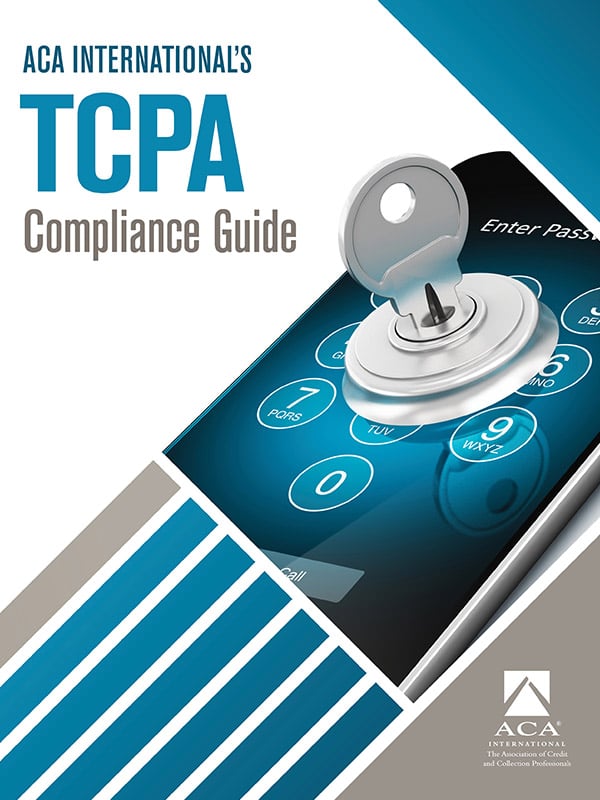
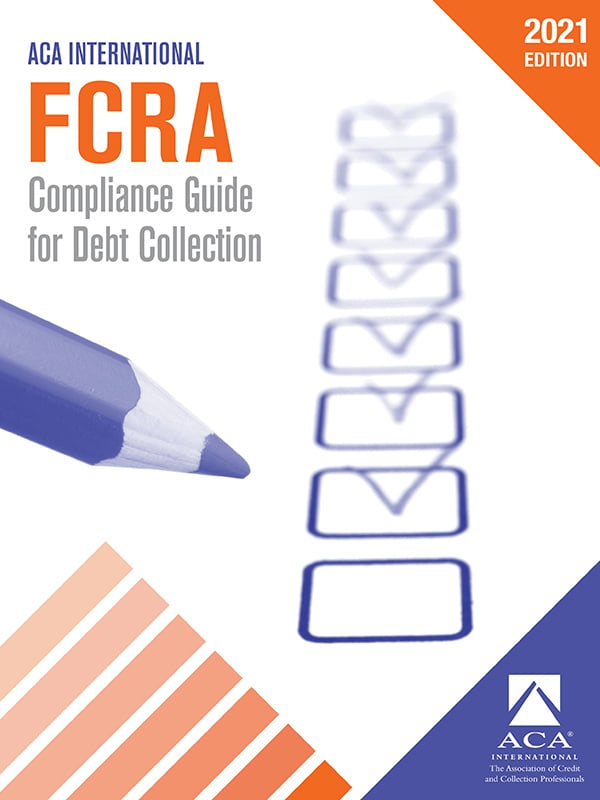
FCRA Compliance Center
Tools to help you comply with the Fair Credit Reporting Act (FCRA) and related federal regulations, as well as state laws.
ACA Compliance Guides
Guides Covering the FDCPA, TCPA, FCRA, and State Collection Laws
ACA’s compliance team maintains comprehensive guides available at a discount to members. ACA’s guides to the FDCPA, TCPA, and FCRA include relevant statutory and regulatory law and judicial decisions. ACA’s State Guide Cohort gives subscribers a regularly updated collection of ARM-relevant state laws and related materials that impact debt collection and business operations, plus access to monthly webinar panel discussions, an exclusive Hub online discussion group and more.

Compliance FAQs
Frequently asked questions about compliance. If you don’t see the answer to your question here, please review the ACA SearchPoint document library or send a message to the Compliance Help Desk.

Compliance Help Desk
Don’t see the information you need on any of our other compliance webpages? ACA’s Compliance Team stands ready to answer members’ questions via our Compliance Help Desk.
Note: It may take up to five business days to receive an answer. ACA cannot provide legal advice, including interpretations of ambiguous law or advice on specific fact patterns. For legal advice, members should contact independent legal counsel. Members may additionally post questions on The Hub for online discussions with their peers or contact an ACA State Attorney Chair for guidance on obtaining legal advice.

